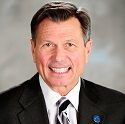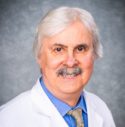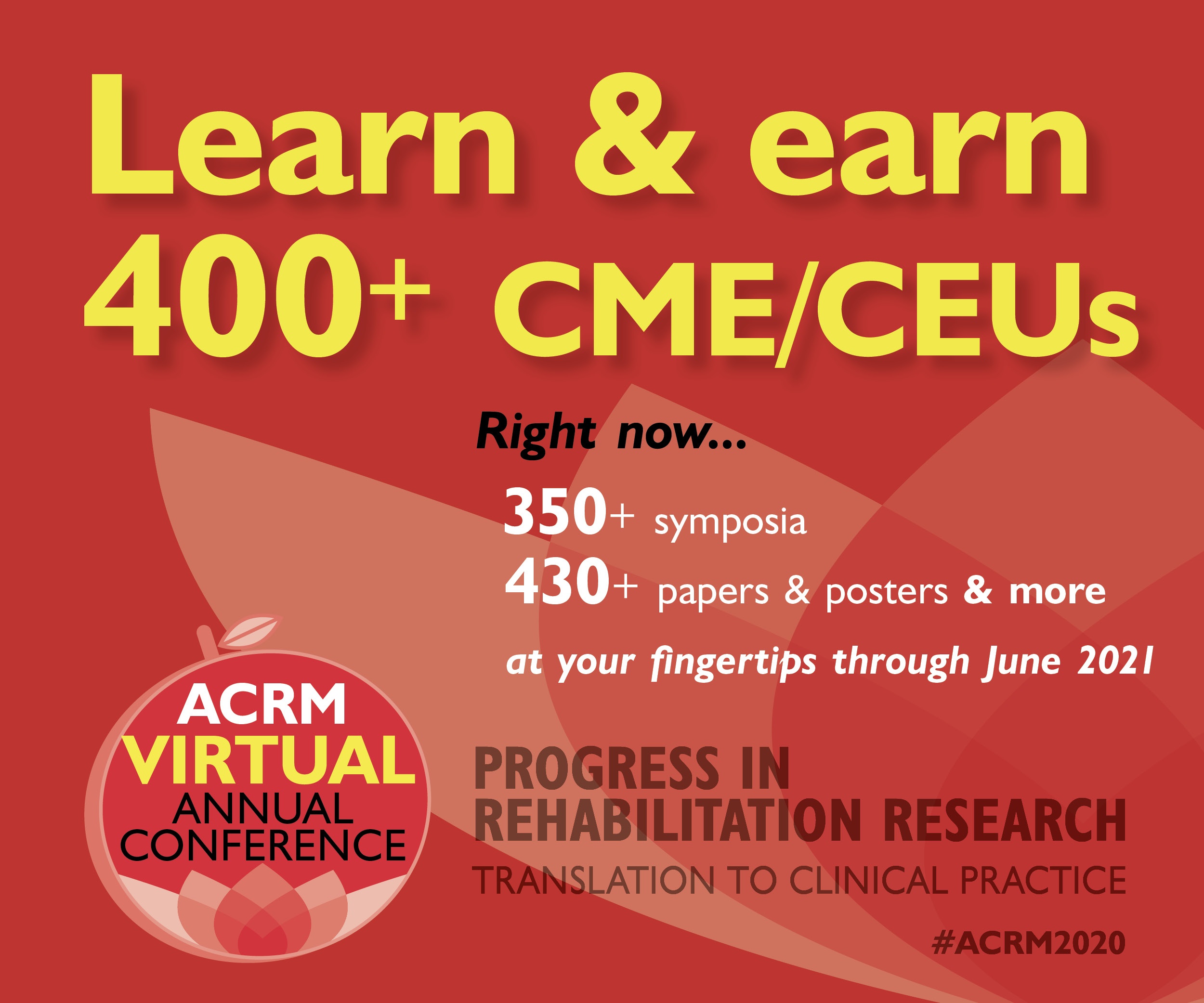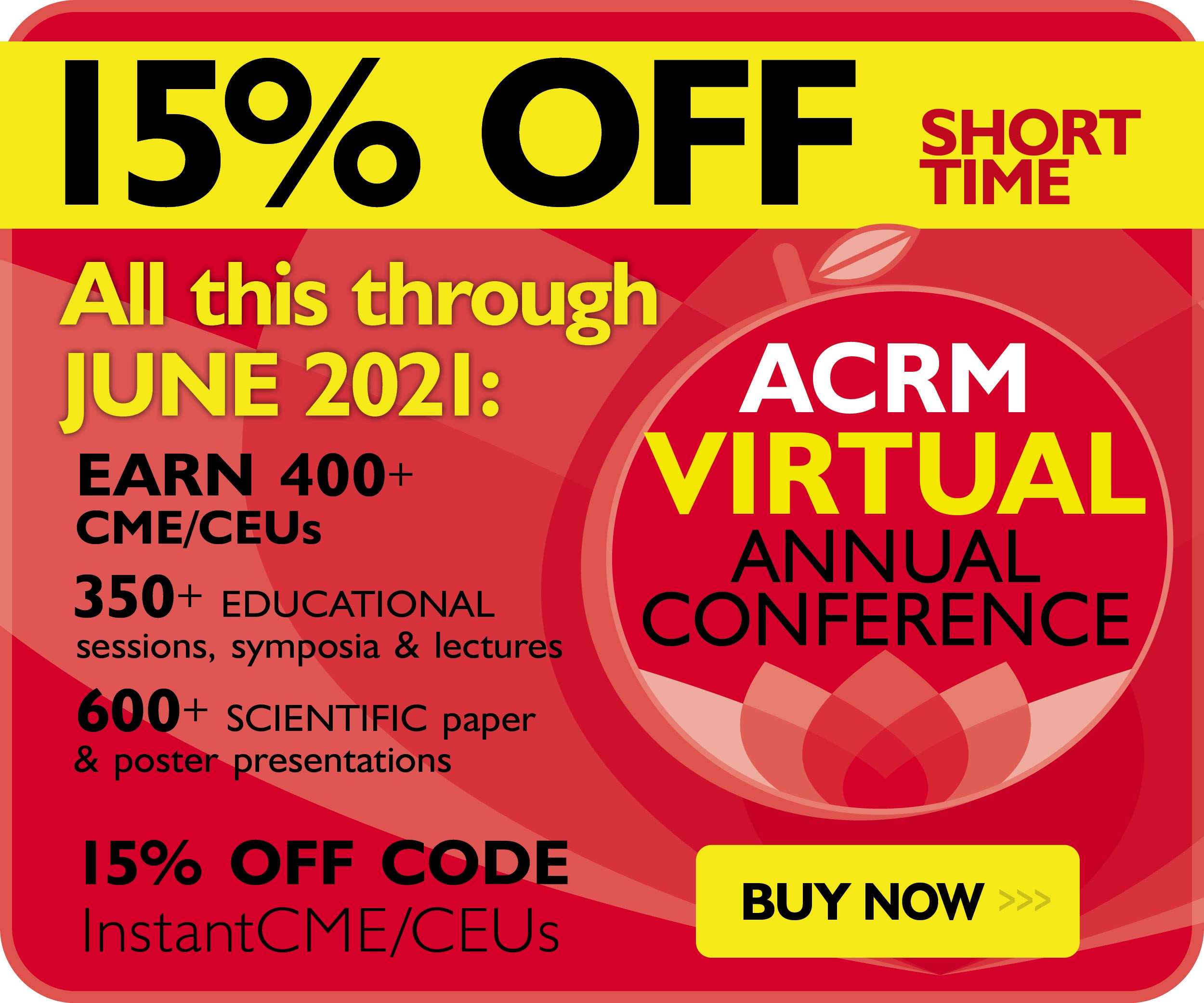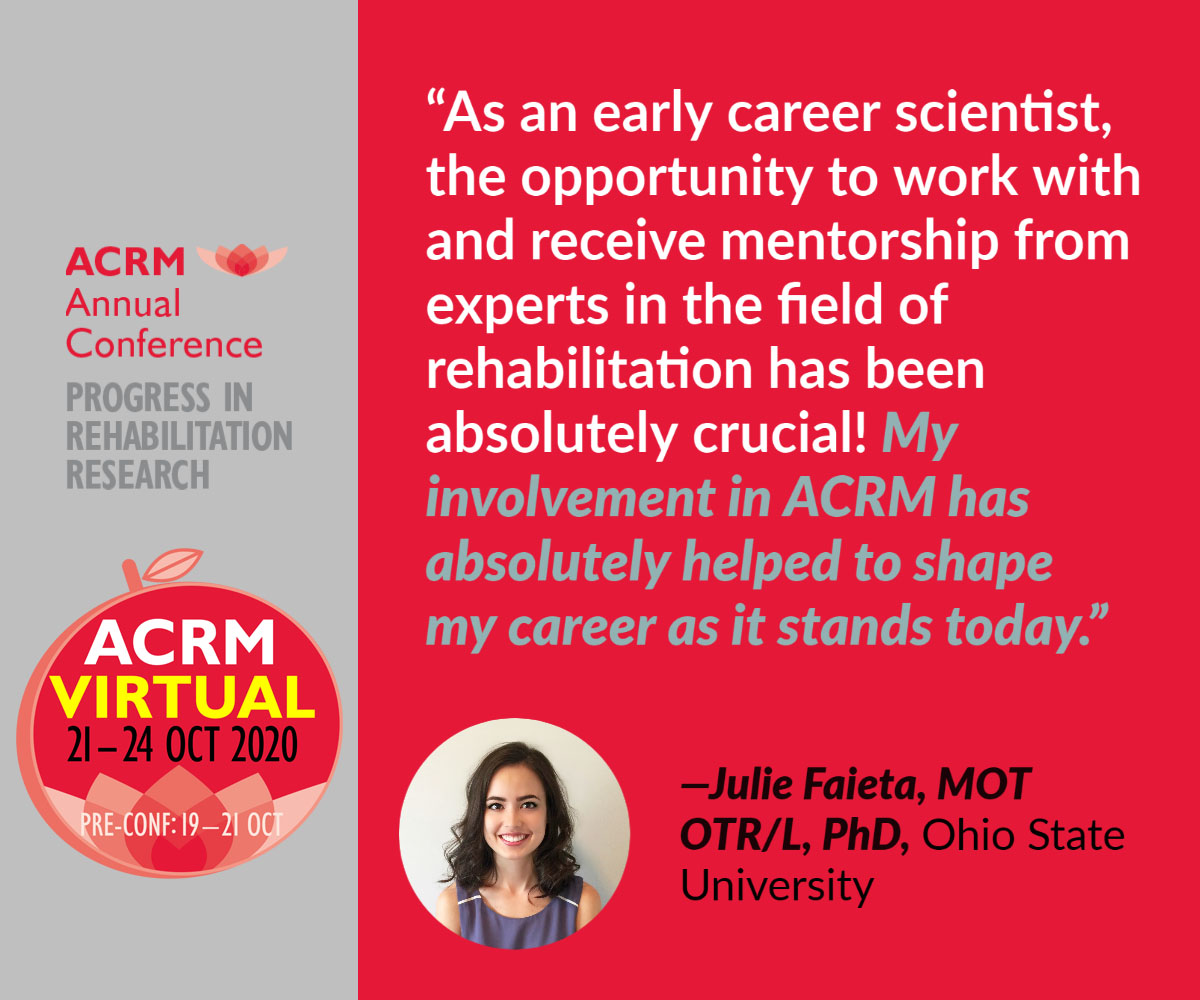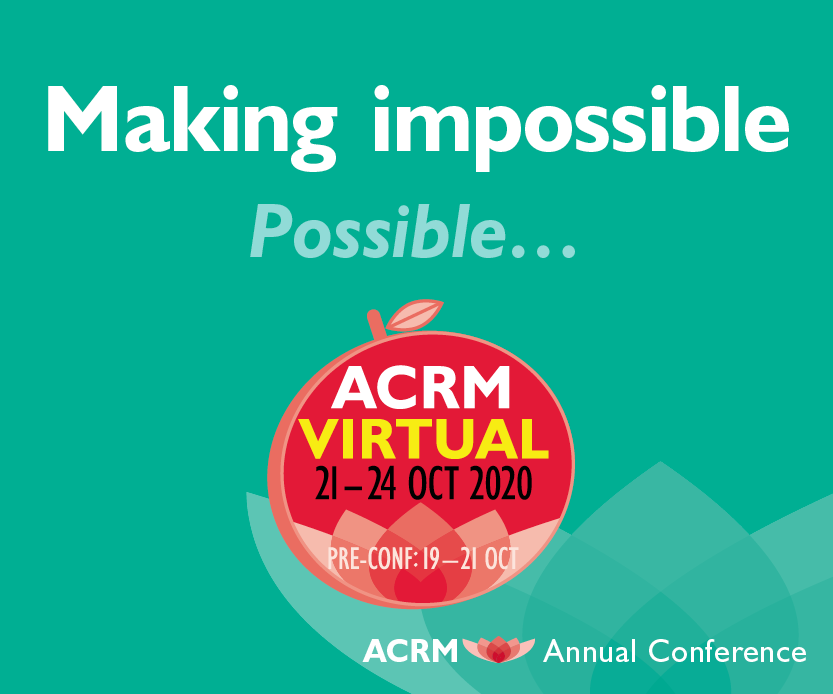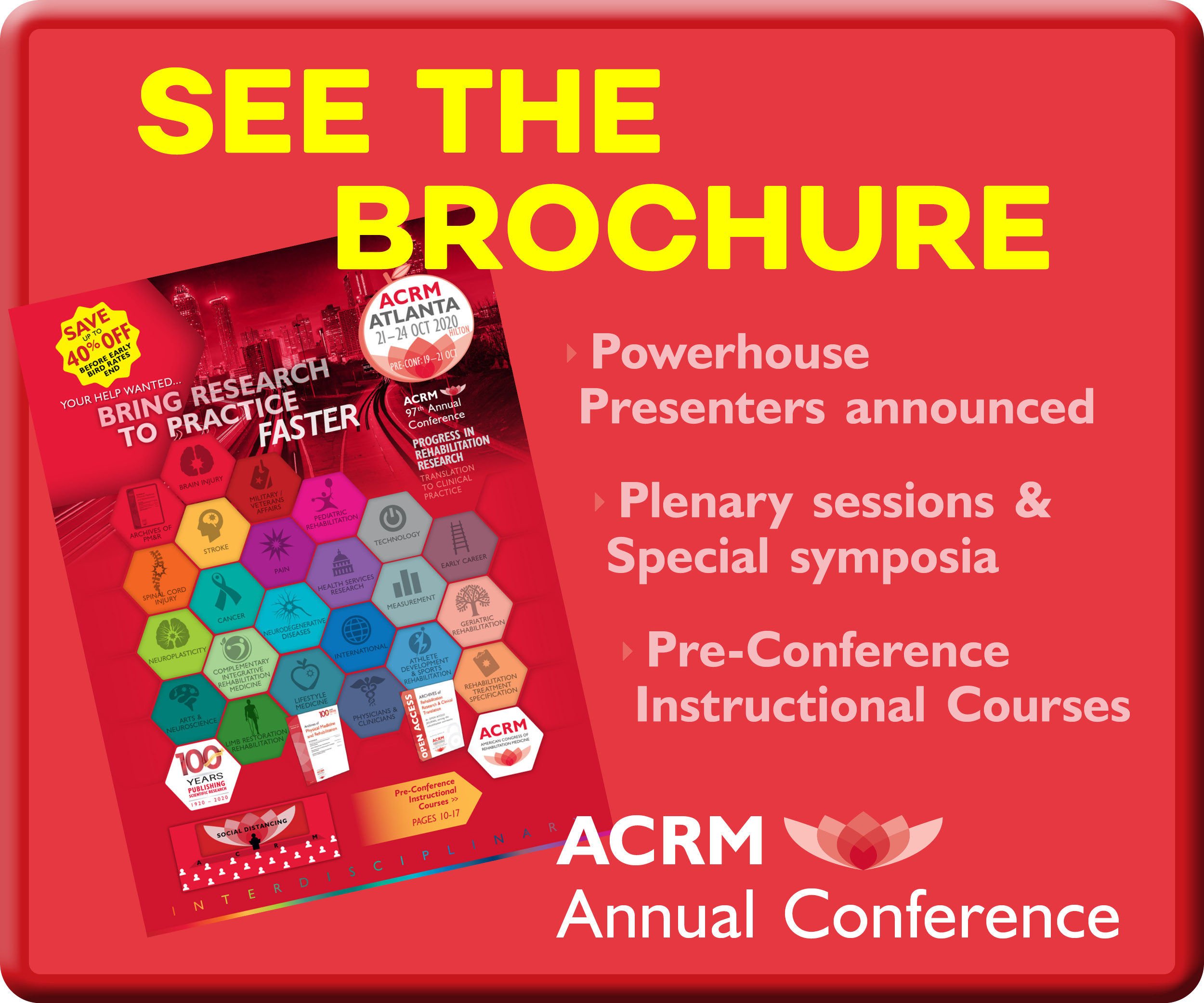THU 22 OCT
ICC 1: mRehab: New Models of Care Using Information & Communication Technology to Support Rehabilitation in the Home & Community
Presenter(s)
This presentation will provide an overview of the newly-funded Rehabilitation Engineering Research Center (RERC) on ICT Access for Mobile Rehabilitation. The RERC’s mission is to advance the field of mRehab by developing and demonstrating the value of innovative, accessible ICT applications for rehabilitation in the home and community. The centerpiece of this work is the application of “Big Data” to change the paradigm of outpatient rehabilitation. We believe we can substantially improve effectiveness of conventional home-based rehabilitation with a combination of innovative digital health technologies—app-based therapy management, sensor-based activity tracking and gamified exercise, and an advanced analytic toolset for monitoring, managing and optimizing mRehab delivery.
Learning Objectives
- Describe factors that compel development of effective mRehab strategies
- Understand how “big data” analytic strategies may be applied to improve effectiveness and efficiency of outpatient rehabilitation
- Describe at least 2 development activities underway within the mRehab RERC and their potential impact on clinical practice
Learn more >>
ICC 2: Person-Centered Rehabilitation & Beyond: Where We Are & Where We Could Go Next
Presenter(s)
Person Centered (PC) rehabilitation is integral to quality rehabilitation care. There are multiple models of care that attempt to frame this ubiquitous concept in an effort to implement it into practice. The overall goal of this symposium is to dialogue about this important topic rather than decide on a single model for PC care. We will offer critical appraisals of historical, cultural, and evidence-based information about this important trend in order to rethink rehabilitation anew.
Learning Objectives
- Articulate barriers to person centered care both in North America and internationally
- Rethink person centered rehabilitation by challenging taken for granted concepts such as independence, quality of life and others
- Envision what comes after person centered care
Learn more >>
FRI 23 OCT
ICC 3: Promoting Real World Physical Activity to Improve Health Outcomes in Persons Living With Multiple Sclerosis
Presenter(s)
Moderator(s)
Panelist(s)
This presentation will focus on ongoing and recently completed trials on rehabilitation to improve fatigue, physical activity, and real world activities of daily living among people living with Multiple Sclerosis (PwMS). It will review the 40 years’ research on physical training for PwMS, particularly for the transfer of the treatment gains to spontaneous mobility and physical self-care in the community. It will present a methodological framework based on Ecological Momentary Assessment to investigate the longitudinal relationship between feelings of fatigue and level of daily physical activity in PwMS and potential confounders that distort this association and will present recently released data on validated fatigue questionnaires (Rietberg & van Wegen, 2019), activity monitoring and the first data collected within this framework. This session aims to provide rehabilitation clinicians and scientists evidence-based insight into the relationship between real world physical activity patterns and coping with fatigue among PwMS.
Learning Objectives
- Understand historical development of different forms of physical training for spontaneous real-world physical activities in persons with multiple sclerosis
- Understand the extent to which gains in real world physical activity are retained following completion of training
- Understand the complex association between physical activity patterns and how people with MS cope with fatigue
Learn more >>

